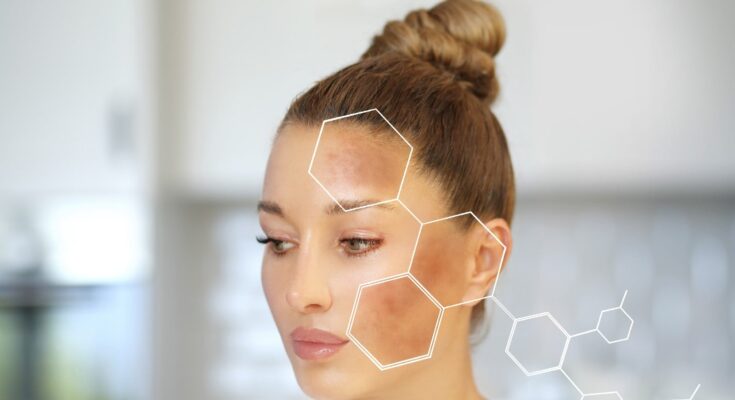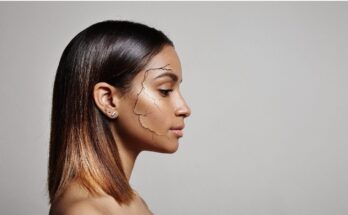Are you annoyed by the dark patches you have on your skin? These dark spots, also referred to as hyperpigmentation, are a fairly common skin condition. They are caused by an excessive buildup of melanin, the pigment that gives human skin its colour, in one location, which can also cause freckles, melasma, or uneven skin tone. So, if you’re searching for how to manage hyperpigmentation, we’re here to help!
Hyperpigmentation in winter
Winter takes a toll on your skin and hyperpigmentation gets generally increased in this cold weather. This is because our skin tends to shed dead skin cells at a faster rate than usual, resulting in dead skin cells accumulating on the surface of our skin, making our skin look darker. If you’re asking yourself a question like ‘Can pigmentation be removed?’, the answer is YES! With proper medical care, a good skincare routine, and some procedures, one can get rid of hyperpigmentation.
3 reasons why your skin may look darker in winter and how you can prevent it:
1. Dryness
When the air is dry, it depletes our skin’s natural moisture, leaving it looking lifeless and darker. In fact, most women generally neglect their skincare regimens throughout the winter since it makes them lazy. Hyperpigmentation may be brought on by these two reasons. Therefore, it is crucial to stick to your routine and use the right amount of moisturizer to keep your skin hydrated.

Solution: Alpha hydroxy acids like glycolic and lactic acids can remove the dead layer along with hydration of the skin dermis. If you are lack adequate water intake, the skin can become dehydrated giving a dull appearance to skin tone and eventually causing pigmented look. So drink lots of water and eat a healthy diet rich in green veggies and fruits to add a natural glow to your skin.
Also read: Say bye-bye to hyperpigmentation with these 5 essential oils
2. Excessive sun exposure
There are many people who don’t apply sunscreen as they want proper intake of sunlight in their skin. Some people also avoid wearing sunscreen when it’s cloudy outside. But sunscreen must be applied whenever there is light outside the effects of UVA rays can lead to heavy darkness on the skin.
Solution: Apply sunscreen every day, at least 15-20 minutes before heading out as it needs some time to get absorbed in the skin. Reapply sunscreen after every 4 hours or use physical sunscreen as it provides protection for a long duration. This will help to prevent and treat skin pigmentation.
3. Intake of hot food
In winter, the consumption of food like tea, coffee, nuts, spices, and alcohol generally increases, which causes your skin to become more red and irritated. A rise in these skin issues causes hyperpigmentation.

Solution: These foods should be consumed in moderation, while avocados, tomatoes, berries, and yogurt should be consumed more frequently since they will all aid to reduce pigmentation. Additionally, using niacinamide, azelaic acids, and thermal spring waters can aid to lessen flare-ups of irritation and redness.
Other ways to cure hyperpigmentation:
1. Proper skincare routine and diet
Hyperpigmentation can be reversed if proper care is started early with the right regimen and intake of proper diet. However, if hyperpigmentation is increased, peels that have hydrating and de-pigmenting effects are used to take away the excess melanin from your skin. It removes the upper layer of the skin which is dead and impure in order to grow a new skin layer in its place which will be young, plump, and radiant in comparison to the old top layer of the skin.
Also read: Are you a victim of hyperpigmentation? Ditch these 5 skincare habits today!
2. Laser toning
One can also start laser toning once a month to maintain the natural colour of their skin tone. A skin booster once a year keeps your skin moisturized and helps to reduce pigmentation as well.
Remember that a dermatologist can be very helpful if you are trying to determine the cause of your skin’s pigmentation and how to prevent it well.
Source link




